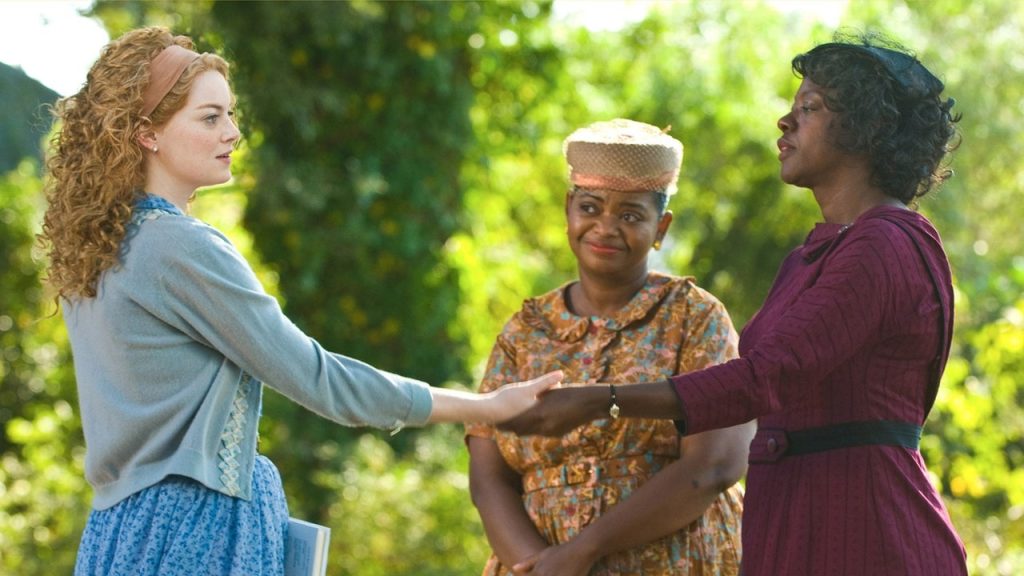“Yellowstone” Season 1, Episode 1: “Daybreak” – TV Series Review

Episode: Daybreak
Season: 1
Show: Yellowstone
The Gritty Mirage: A Cynical Dissection of “Yellowstone” Season 1, Episode 1
In the sprawling vistas of modern television, where the grandeur of nature often meshes with the convoluted dramas of human existence, “Yellowstone” plants its boots firmly on the ground with a promise of untamed wilderness and raw, family dynamics. Episode 1 of Season 1, titled “Daybreak”, serves as our introduction to the Dutton family’s sprawling empire and sets the tone for a series that ambitiously aims to blend the rugged allure of the American West with the cutthroat reality of land disputes and power struggles. Yet, beneath its polished surface and cinematic landscapes, “Yellowstone” struggles to find its unique voice, often leaning heavily into the clichés and tropes that have long populated the Western genre.
The Premise: Rehashed but Shiny
At the heart of “Yellowstone” is the Dutton family, led by the grizzled patriarch John Dutton (played with steely resolve by Kevin Costner), who oversees the largest contiguous ranch in the United States. The episode kicks off with a bang—quite literally—as a semi-truck collision with a horse trailer sets the stage for the show’s thematic concerns: the intersection of untamed nature and the relentless march of modernity. It’s a promising start, but the episode quickly settles into a familiar groove, rehashing the age-old tale of land disputes, familial loyalty, and the burdens of legacy with a heavy hand.
The characterization of the Dutton family members appears to be drawn from the archetype playbook: the strong-willed but emotionally distant father, the prodigal son Kayce (Luke Grimes), the scheming businessman Jamie (Wes Bentley), and the fierce, no-nonsense daughter Beth (Kelly Reilly). Each character seems crafted to fill a specific role within the narrative, leaving little room for depth or unexpected developments early on. Their interactions are charged with the kind of melodrama that borders on soap opera territory, albeit set against the stunning backdrop of Montana’s landscapes.
Cinematography and Setting: A Character Unto Itself
If there’s one aspect where “Yellowstone” unequivocally excels, it’s in its breathtaking cinematography. The sweeping shots of mountains, rivers, and sprawling fields are not just visually stunning; they serve as a poignant reminder of what’s at stake. The land is a character unto itself, imbued with a sense of sacredness that the Duttons are sworn to protect. This reverence for the natural world is one of the show’s more compelling attributes, offering a glimpse into the complexities of conservation and stewardship in the modern age.
Behind the scenes, the production team’s dedication to authenticity is evident in their choice of filming locations. Primarily shot in Utah and Montana, the series benefits from the natural beauty and rugged terrain of these regions, which adds a layer of authenticity to the storytelling. However, this authenticity in setting does not always translate to the narrative, which often feels contrived and overly dramatic.
Script and Dialogue: The Achilles’ Heel
Where “Yellowstone” stumbles most noticeably is in its script and dialogue. The show is rife with heavy-handed exposition and stilted conversations that seem designed to ensure the audience grasps the gravity of the Dutton family’s situation. These exchanges often feel unnatural, serving more as a vehicle for plot advancement rather than genuine character interaction. The reliance on stereotypes and a black-and-white moral framework undermines the complexity of the issues the series aims to tackle, such as land rights, Native American sovereignty, and environmental conservation.
Furthermore, the show’s attempt to weave in contemporary political and social issues sometimes feels forced, as if ticking boxes rather than engaging with these themes in a meaningful way. The conflict with the nearby Native American reservation, led by Thomas Rainwater (Gil Birmingham), is portrayed with a simplicity that fails to capture the nuanced history and current reality of Native American struggles in the United States.
The Verdict: A Missed Opportunity?
Despite its flaws, “Yellowstone” is not without its charms. The series clearly resonates with viewers, drawing in large audiences attracted by the allure of the American West and the promise of high-stakes drama. Kevin Costner’s performance as John Dutton is a standout, bringing a gravitas and complexity to the role that elevates the material he’s given. The moments of silence and introspection, often set against the stunning landscapes, are where the show shines brightest, hinting at the depth and nuance “Yellowstone” could achieve were it not so entrenched in genre conventions.
In its quest to capture the epic saga of the American frontier, “Yellowstone” ends up treading familiar ground, offering a glossy but ultimately shallow rendition of the Western genre. The series has the potential to be a profound exploration of family, power, and the changing American landscape. However, its reliance on clichés and melodrama, coupled with a lack of subtlety in its storytelling, undermines this potential. “Yellowstone” is, at its core, a beautifully shot mirage: captivating from a distance but less satisfying upon closer inspection.




